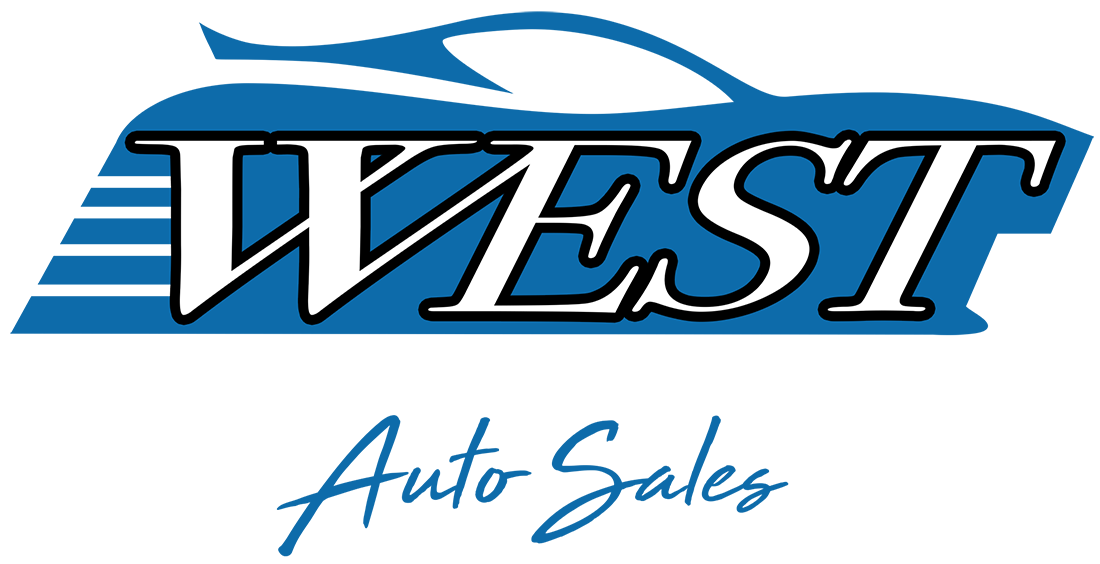
Posted Tuesday, Sep 19, 2023
Buying a used van can be a smart decision for your business, as it can save you money, give you more options, and offer you flexibility. However, buying a used van also requires careful research, comparison, and negotiation to ensure you get the best value for your money.
In this article, we will also cover some of the benefits of buying a used van, as well as some of the common pitfalls to avoid. We will also provide some tips and advice on how to find and buy a used van that suits your needs and budget.
An obvious benefit of buying a used commercial van is the money you save on the initial purchase cost. A new van can lose a lot of its value in the first year, while a used van can retain its value better. You can also find high-spec used vans with useful features at a lower price than new ones.
What’s more, you can also find nearly-new vans that are much cheaper than new ones but still have useful features and warranties. You can also compare finance deals to cash options and see which is more economical for your business.
Many used car dealerships allow you to lease or finance a used van. This option allows you to make lower monthly payments and less upfront cost than buying it outright.
You should also look for a van with a suitable engine size and fuel type for your needs, as this can affect the gas mileage and performance of the vehicle. After all, there’s no point in saving money on the initial purchase if you’re going to throw it all away on gas and maintenance costs.
As stated before, a new van can lose a lot of its value in the first year, while a used van can retain its value much better. You can also find high-spec used vans with useful features at a lower price than new ones.
But why don’t used vans depreciate as much as new ones?
One of the reasons used vans retain their value and avoid rapid depreciation as compared to new ones is that they have already experienced the highest depreciation when they were purchased new and driven off the lot.
The maximum write-off for the first year for new vans is $20,200, plus an additional $8,000 in bonus depreciation. A new vehicle will lose more value in the first year than a used one, which has already undergone this initial depreciation.
Buying used commercial vans provides more options and flexibility in terms of choosing the right van for your needs. You can compare different makes and models from various sellers and find the best deal for your budget and requirements.
You can also benefit from the knowledge and experience of trusted used van dealers who can advise you on the best fit for your business.
Buying a used vehicle can be a smart decision, but it also requires caution and research. Here are some pitfalls to avoid when buying a used commercial van.
Before you start looking for a used van, you should have a clear idea of what type of vehicle you need, what features are important, and what your budget is.
You should also consider how you will use the van, such as the routes, the freight, and the delivery methods. This will help you narrow down your options and stop you from buying a van that is unsuitable for your needs.
A used van may look good on the outside, but it may have hidden problems that can cost you a lot of money and trouble later. You should always ask for the vehicle’s history, such as the service records, the accident reports, and the title status.
A trusted seller should be able to provide you with this information. You should also inspect the van yourself or get a mechanic to do it for you. Look for signs of rust, damage, leaks, wear and tear, as well as modifications that could affect your van’s safety or performance.
Buying a used van can save you money, but only if you pay a fair price. You should not settle for the first van you find or the first offer you get. You should instead compare prices from different sellers and sources, such as online listings, dealerships, auctions, and private parties.
Additionally, you should check the market value of the van based on its make, model, year, mileage, condition, and features. This will help you negotiate a better deal and avoid overpaying or underpaying for the van.
Buying a used van involves risks, so you should take the appropriate steps to protect yourself from scams, frauds, and liabilities. Always verify the identity and credibility of the seller and never pay in cash or wire money without seeing the van in person.
You should also get a written contract that specifies the terms and conditions of the sale, such as the price, the warranty, the delivery date, and the return policy. Lastly, check whether the van has any liens or outstanding debts that may affect your ownership rights.
Buying a used commercial van can have many benefits, such as lower depreciation, lower maintenance and repair costs, lower insurance premiums, and higher resale value. However, buying a used van also requires careful research and inspection, as there may be some drawbacks, such as lack of warranty, unknown history, and limited options. Therefore, weighing the pros and cons of new and used vans before making a purchase decision is advisable.
A used commercial van can be a great investment if it meets the needs and budget of the buyer. Whether you are looking for a small or large van, a diesel or petrol engine, or a lease or finance deal, you should contact West International Corp. You can find second-hand commercial vans that are in good condition and have low mileage.